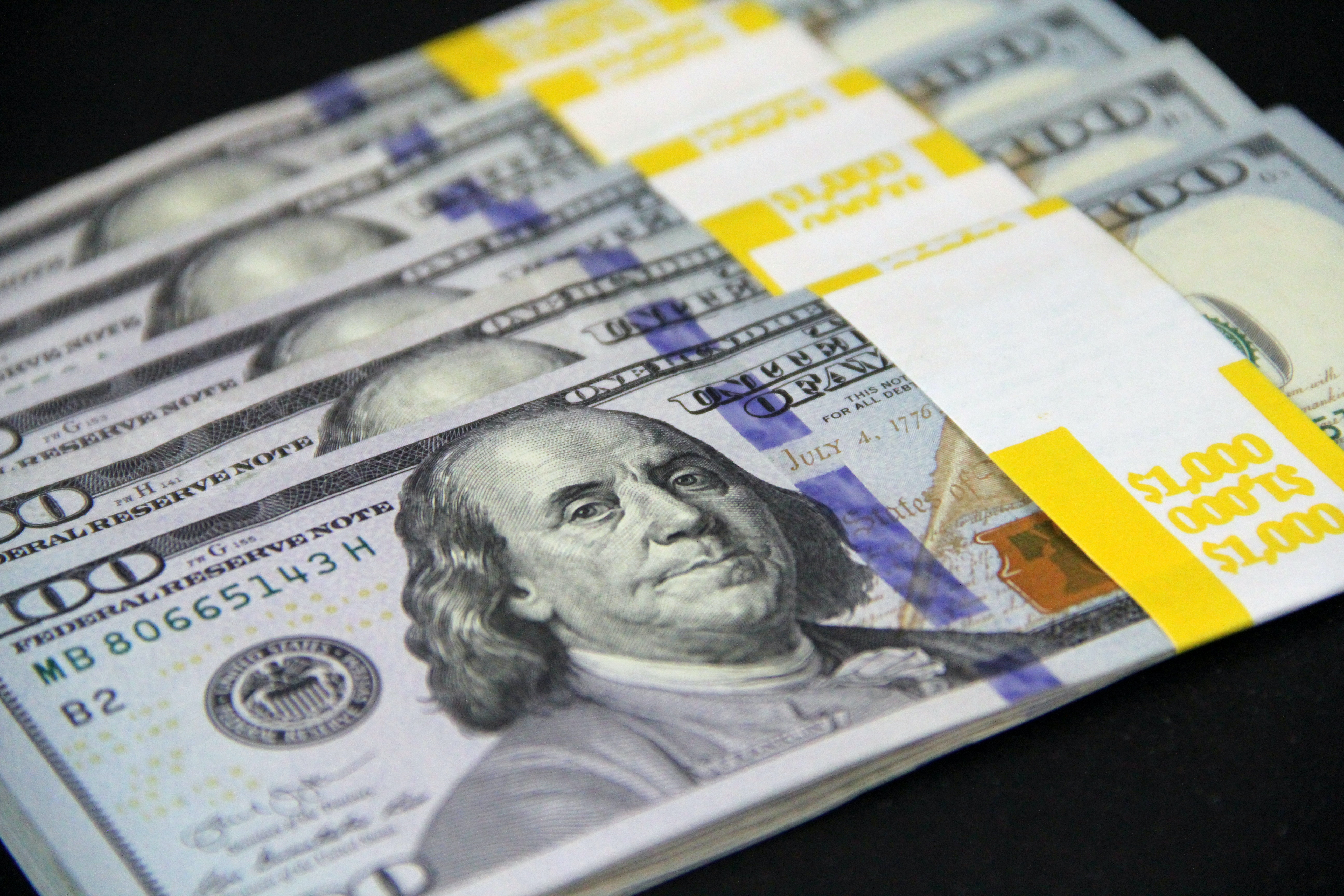Global Events, Trade Deficits, and Market Strategies: Impact on Won to USD Exchange Rate and South Korea’s Economic Outlook
GPT_Global - 2025-11-05 05:30:12.0 9
How do global events like pandemics or wars affect the won to USD rate?
Global events such as pandemics or wars have a significant impact on currency exchange rates, including the South Korean won (KRW) to the US dollar (USD) rate. When crises like these occur, uncertainty and volatility rise, which can lead to a depreciation or appreciation of currencies.
During pandemics, economies face slowdowns due to business closures, decreased consumer spending, and disruptions to global supply chains. The won, like many other currencies, may weaken against the USD as investors seek safe-haven currencies, such as the US dollar, considered stable during times of global unrest.
Similarly, wars and geopolitical tensions create uncertainty, causing investors to pull money out of affected regions, which can lead to a weakened currency. In such cases, the South Korean won may also depreciate as investors move towards the US dollar, which tends to perform well during periods of geopolitical instability.
For remittance businesses, these fluctuations can affect the value of cross-border transfers. As the won weakens, recipients of remittances in South Korea may see a drop in the value of the funds they receive in USD, which highlights the importance of tracking currency exchange rates during uncertain global events.

How can businesses hedge against fluctuations in the won to USD exchange rate?
In today’s global economy, businesses that deal with international transactions, especially in the remittance sector, must be prepared for fluctuations in the exchange rate between the South Korean Won (KRW) and the U.S. Dollar (USD). These fluctuations can significantly affect profits, operational costs, and the ability to plan for the future. So, how can businesses hedge against these unpredictable currency movements?
One effective strategy is to use forward contracts. These allow businesses to lock in a specific exchange rate for a future date, ensuring that they can avoid the uncertainty of fluctuating currency values. With this, a remittance company can guarantee a fixed rate for sending funds across borders, reducing the risks posed by sudden changes in the exchange rate.
Another method is utilizing options contracts, which offer businesses the right (but not the obligation) to exchange currency at a predetermined rate. This flexibility can help mitigate risks while still allowing businesses to take advantage of favorable exchange rate movements.
By employing these hedging strategies, remittance businesses can maintain financial stability, plan more effectively, and protect their bottom line against currency volatility in the won-USD exchange rate.
What strategies can people use to make the most of a favorable won to USD exchange rate?
When favorable exchange rates occur, it's a golden opportunity for people to maximize their remittance transfers. For individuals sending money abroad, understanding the exchange rate dynamics can help stretch their funds further. One strategy is to monitor the exchange rate regularly and act quickly when the rate peaks.
Another tip is to plan ahead by setting up alerts for specific exchange rates. Many remittance platforms offer tools to notify users when the exchange rate is favorable. This proactive approach ensures you don’t miss the best time to send money.
Consider sending larger amounts when the exchange rate is favorable. By transferring more money at a time, you can maximize the value received by the recipient. Additionally, some remittance services offer reduced fees for bulk transfers, making it a cost-effective choice.
Lastly, choose a remittance provider that offers competitive exchange rates and low transaction fees. A combination of favorable rates and low fees ensures that both the sender and recipient benefit fully from the exchange.
By following these strategies, individuals can make the most of a favorable won to USD exchange rate and ensure their remittances go further.
How do you expect the won to USD exchange rate to behave over the next few years?
The exchange rate between the South Korean won (KRW) and the U.S. dollar (USD) is influenced by various factors, including economic growth, inflation, interest rates, and geopolitical events. Over the next few years, the won-to-USD exchange rate is expected to remain volatile due to these dynamic influences. Remittance businesses should closely monitor these trends to ensure the best value for their clients sending money to South Korea.
The South Korean economy has shown resilience, but factors like global inflation and the strength of the U.S. dollar may cause fluctuations in the KRW-USD exchange rate. As the Federal Reserve adjusts interest rates and South Korea manages its own monetary policy, these changes will affect the remittance market. Businesses should stay updated on these shifts to provide competitive rates for customers.
For remittance companies, understanding these fluctuations is essential to ensuring that customers send and receive money efficiently. With the right strategies, businesses can offer better rates and enhance customer satisfaction despite the volatility in the won-to-USD exchange rate over the coming years.
About Panda Remit
Panda Remit is committed to providing global users with more convenient, safe, reliable, and affordable online cross-border remittance services。
International remittance services from more than 30 countries/regions around the world are now available: including Japan, Hong Kong, Europe, the United States, Australia, and other markets, and are recognized and trusted by millions of users around the world.
Visit Panda Remit Official Website or Download PandaRemit App, to learn more about remittance info.


